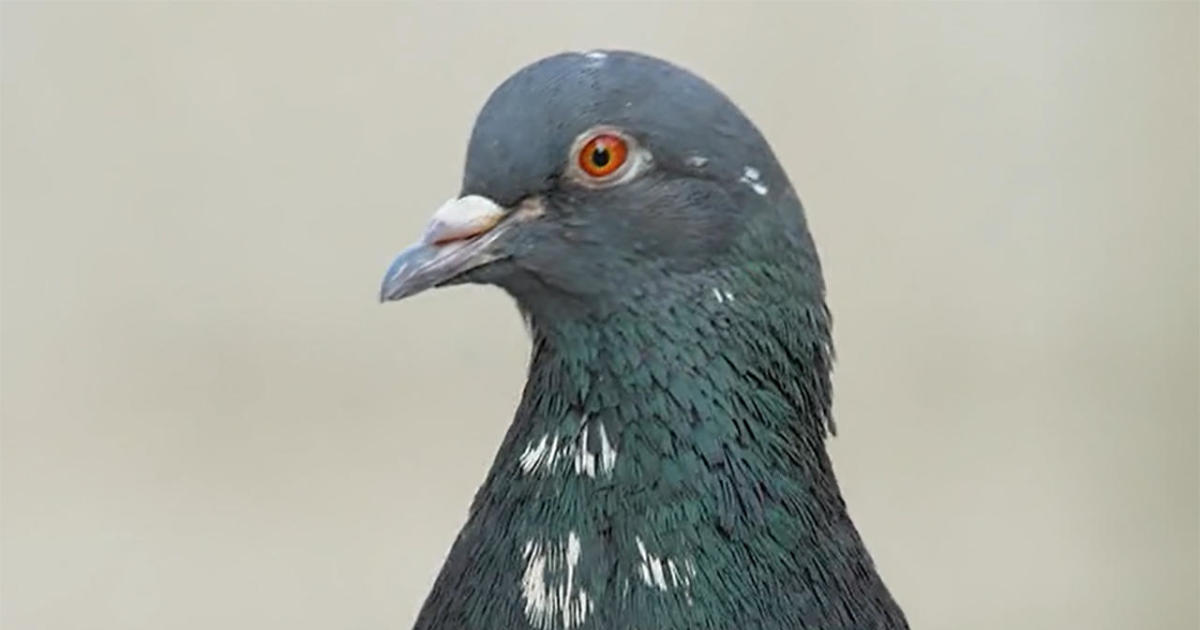Pigeons often evoke mixed reactions, ranging from annoyance to indifference. However, a deeper look reveals a fascinating creature with a surprisingly rich history and complex capabilities. From their unexpected wartime contributions to their surprisingly high intelligence, pigeons deserve a reevaluation that moves beyond the common negative perceptions. This article explores the multifaceted nature of the pigeon, highlighting its often overlooked intelligence, its historical significance, and the surprising bond people can form with these often-maligned birds.
The Surprising Intelligence of Pigeons
Beyond the “Rat with Wings”
The common perception of pigeons as mere pests is a gross oversimplification. The term “rat with wings,” coined decades ago, unfairly diminishes their intelligence and capabilities. In reality, pigeons possess remarkable cognitive abilities. Studies have shown that pigeons can recognize individual human faces, differentiate between abstract concepts, and even distinguish between various works of art. Their navigational skills are exceptional, enabling them to find their way back to their home lofts from incredible distances, a skill utilized effectively during both World Wars. These capabilities demonstrate a far greater level of intelligence than is commonly acknowledged.
Visual Acuity and Problem-Solving Skills
Pigeons possess sharp vision, enabling them to quickly locate landmarks and navigate their surroundings. Their ability to remember landmarks, faces, and even words significantly surpasses what many people assume of them. Furthermore, their problem-solving abilities often go unseen, but they’ve demonstrated the capacity to learn and adapt in challenging situations, showcasing a resilience that belies their often-unappreciated intellect. Through their ability to recognize patterns and associate actions with rewards, pigeons prove themselves to be far more cognitively sophisticated than popularly assumed. The understanding of these complexities helps us appreciate their adaptability and intelligence.
Unexpected Cognitive Abilities
Beyond the basics of navigation and visual perception, pigeons display even more sophisticated cognitive abilities. For example, they’ve been shown to possess impressive memory skills, remembering the locations of food sources and even the identities of individuals they’ve interacted with in the past. These memory feats aren’t simple rote learning. Pigeons can apply these memories flexibly in new contexts, demonstrating an advanced form of cognitive understanding. This level of intellectual capability demonstrates that our current understandings of bird intelligence may need to undergo a significant shift.
Pigeons in History: Unsung Heroes
Wartime Contributions
Pigeons played a vital role in World War I and World War II, serving as crucial messengers on the battlefield. Their exceptional homing ability enabled them to deliver vital messages across enemy lines, often in situations where other communication methods were impossible. Paratroopers frequently jumped out of planes carrying pigeons which helped to bring essential communication when radio transmissions weren’t viable. These birds displayed an unwavering dedication to delivering crucial messages that helped shape the outcomes of battles. These brave avian messengers deserved, and in many instances received, recognition and medals for their courageous service and crucial role.
Early European Settlers and Urban Adaptation
Early European settlers brought pigeons to America intending to breed them as a food source. However, many escaped or were released, eventually becoming feral. As cities grew and provided tall buildings, these birds, naturally inclined to cliff dwelling, thrived in the urban environment. Ironically, the very environments we built ended up providing an ideal habitat for these birds to flourish.
Re-evaluating our Relationship with Pigeons
The Human-Pigeon Bond: Adoption and Companionship
Beyond their historical significance and intellectual prowess, pigeons are also capable of forming strong bonds with humans. The story of Ghob, the adopted pigeon, serves as a powerful example. Her life as an adopted pet proves that these often-overlooked birds are capable of companionship, enjoyment, and loyalty, exhibiting remarkable affection. Many pigeons have lived in domesticated lives for long periods of time with people developing long-term, caring bonds with these birds.
Challenging Negative Perceptions
The persistent negative portrayal of pigeons needs re-evaluation. By understanding their intelligence, history, and capacity for connection, we can reshape our perceptions and begin appreciating them for the remarkable creatures they are. The story of Ghob, among others, showcases the possibility of positive relationships with these remarkable animals. Educating and expanding understanding of this bird’s remarkable qualities can be achieved by highlighting their contributions and positive aspects of their interaction with humanity.
Take Away Points
- Pigeons possess remarkable intelligence and cognitive abilities, far surpassing common perceptions.
- They have a rich history of service, particularly during wartime, often unsung.
- Human-pigeon bonds can be strong and meaningful, challenging the perception of pigeons as mere pests.
- We need a re-evaluation of our relationship with pigeons, appreciating them for their intelligence, history, and potential for companionship.









